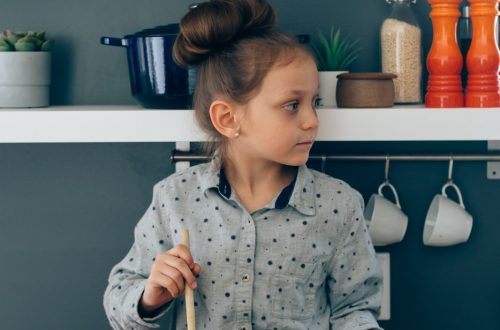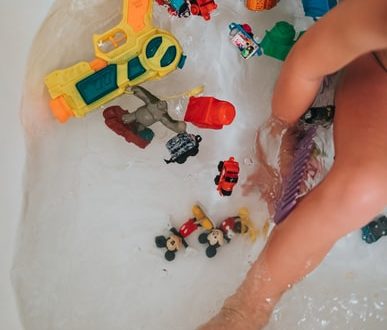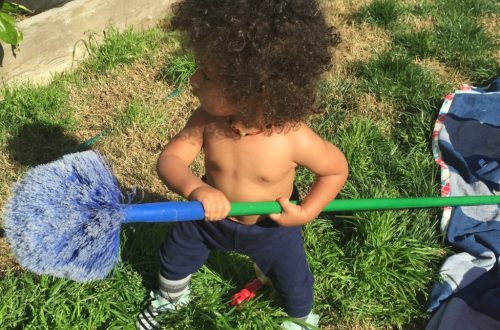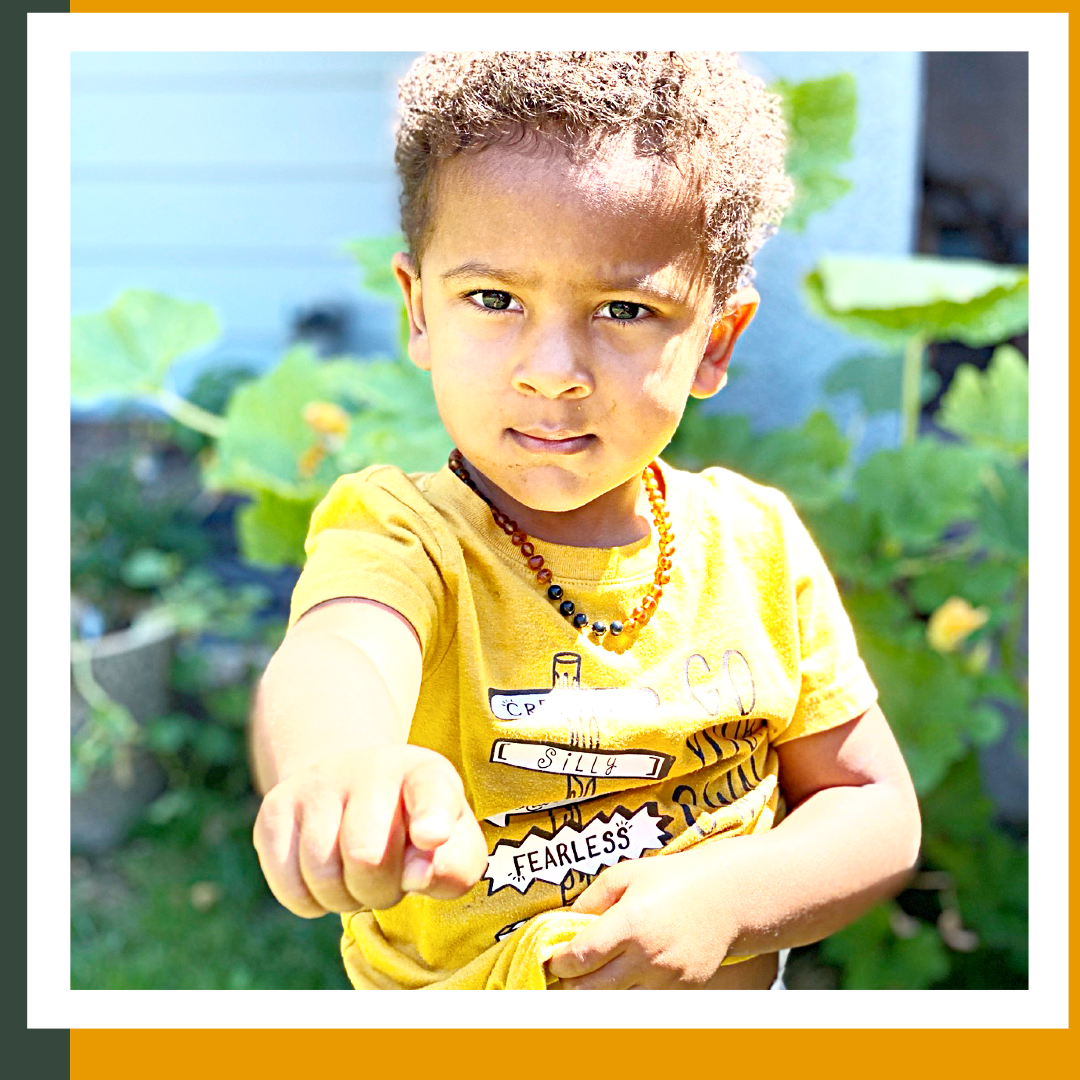
Parenting Lessons from Childhood: Dos and Don’ts
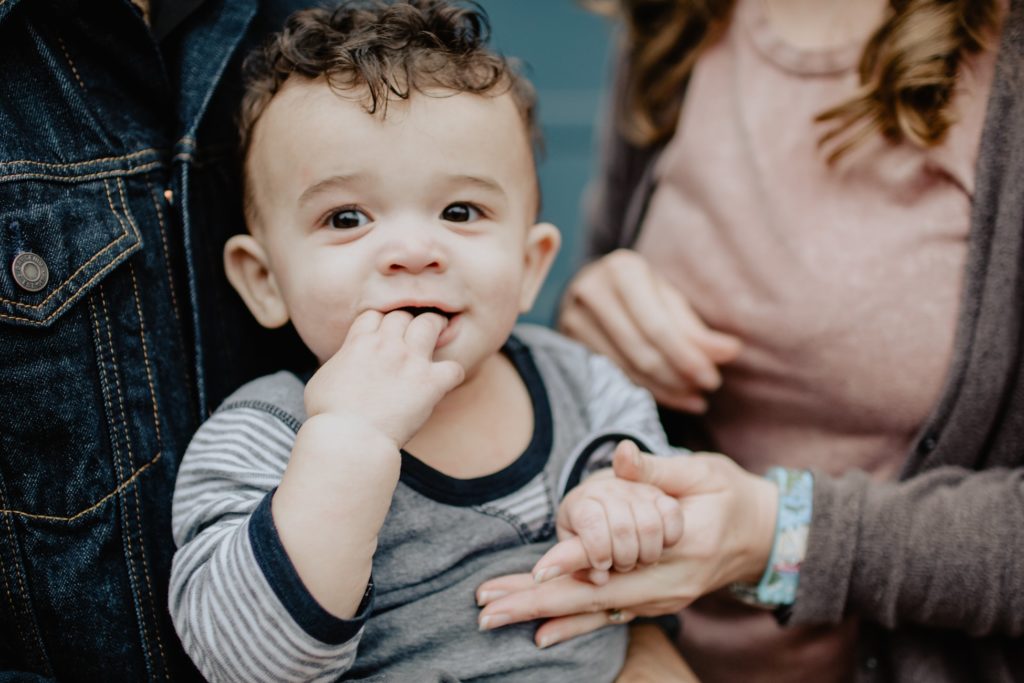
When I became a mother, I read several books on how to raise healthy, happy children. Most of them helped; however, the best knowledge I gained wasn’t from a book. Rather, it was from my own experience as a child. My greatest teachers on how to become a good parent were my own mother and father. I learned many lessons from how they parented myself and my two brothers, including what works and what doesn’t. Here are some of the dos and don’ts I learned from my own childhood that have made a difference in the way I parent my kids.
Traditional vs Non Traditional Roles
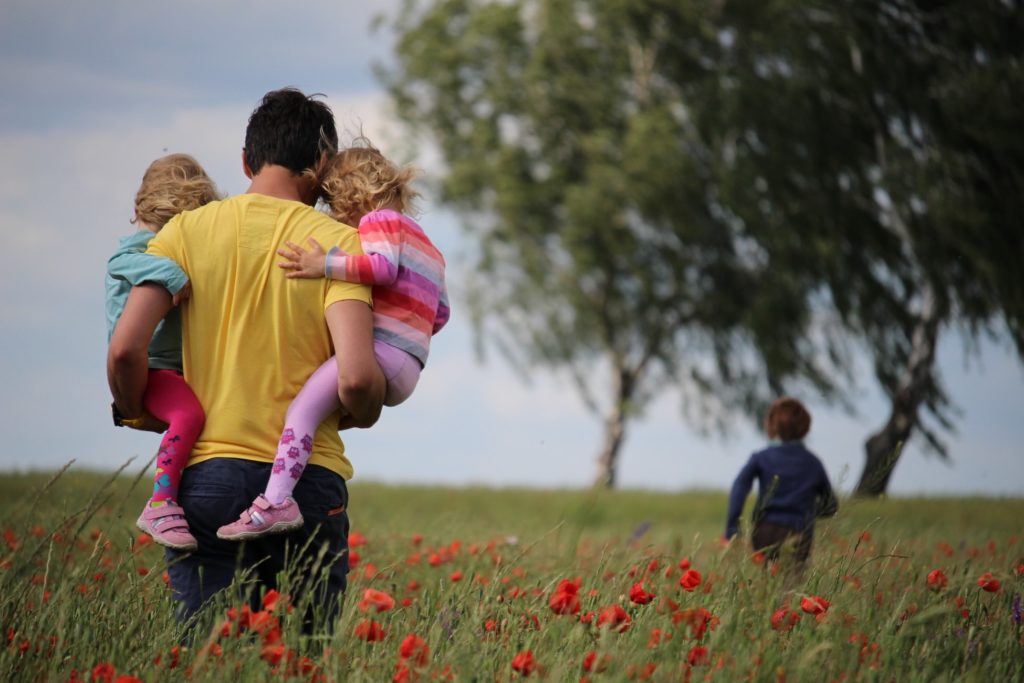
My mother and father were extremely traditional in their parenting roles. My father was the breadwinner, disciplinarian, baseball coach, and moral compass. My mother was the nurturer, cook, driver, and teacher. While those roles were more accepted in their generation, times have changed greatly in respect to parenting roles today. My husband and I agreed that these roles just didn’t work well for either of us as children. We decided to work as a team and share responsibilities of our household and child rearing. With three daughters, I knew it was extremely important for my husband to develop a close bond with his girls so that they felt comfortable and safe coming to him with their needs. This meant I needed to allow him to read and sing to them before bedtime, apply band-aids to boo boos, and help them with their homework. In turn, he and I worked together on appropriate disciplinary measures as well as family budgets and household projects. We found that not only did our children respond very well to this approach, but we enjoyed it as well. Although I was still the classroom volunteer, carpool driver, appointment scheduler and caretaker for my daughters most of the time, taking a step back and giving him that chance to interact with them on a different level offered my husband a more active role in their lives while I felt less pressure to be responsible and “on” all the time. This teamwork helped our relationship as a married couple as well. We developed a sense of compassion and gratitude for each other and grew to appreciate every act of kindness and selflessness. Not only did we notice a change to our relationship dynamic, but our kids noticed that mom and dad are a team, too. They’ve told us on several occasions, “You two are perfect together.”
Spanking vs Time Out
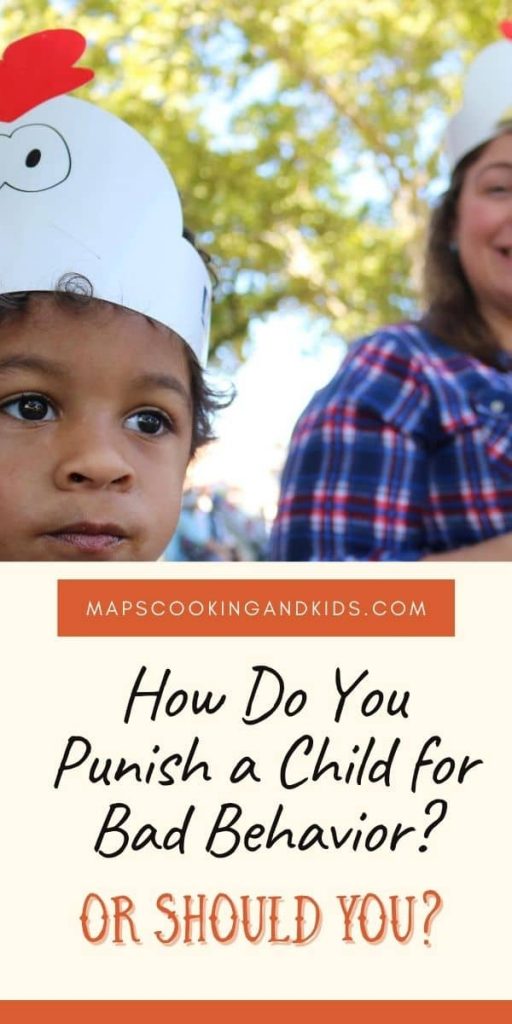
When discussing how to discipline our children, my husband and I agreed there would be no spanking. Because we grew up with spanking as a form of punishment and found it did more harm than good, we discovered better ways to address disciplining our children. After speaking with other parents and researching several expert opinions, we utilized the “time out” disciplining method when our children were very young. Time out is a technique that involves placing children in a very boring place for several minutes following unacceptable behaviors. It really means time out from any of our attention. “Time out is recommended by most pediatricians as a way to curb negative behaviors ranging from talking back to physical aggression. Research indicates that when used properly – along with other techniques that balance nurture and structure – time outs are effective and do not cause harm,” states The Child Mind Institute. We knew it would only work if both of us perform this technique consistently across the board with all three of our children. Of course, we raised our voices and had moments of meltdowns, but we kept on task and did our best to work as a team. And, you know what? It worked! I can honestly say that removing spanking and adopting time out may have been the best lesson I learned from my parents.
Talk the Talk vs Walk the Walk
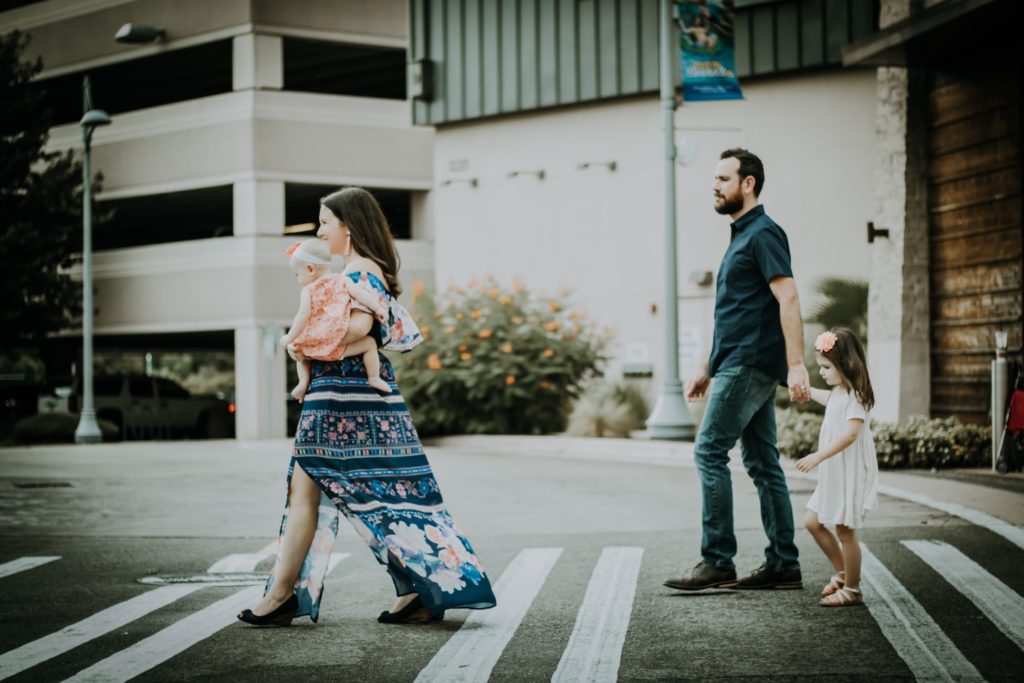
Remember the old saying, “Do as I say, not as I do”? I recollect my parents saying this exact phrase to me multiple times when I questioned why they did something they told us not to do. For example, using curse words was a big no-no when I was growing up. I had my mouth washed out with soap many times after using words I had heard come out of my parents’ own mouths. So, it just didn’t make sense to me. Therefore, as my own little toddlers grew up and developed into young kids, I pledged to role modeling appropriate behaviors I expected from them. In other words, I needed to walk the walk, not just talk the talk. My husband and I kept each other in check when our anger or frustration hit a breaking point. We gently reminded each other of our vow to role model good morals and ethics for our children. We promised to live by the motto to “treat others the way you would want to be treated,” and demonstrated characteristics like acceptance, compassion, generosity, and tolerance when faced with difficult situations inside our marriage, household and the outside world. We showed respect for each other as well as neighbors and friends – hoping our children were getting the message. So far, this role modeling has produced great outcomes, and we believe they will be helpful, respectful, and benevolent members of society as they grow into adults.
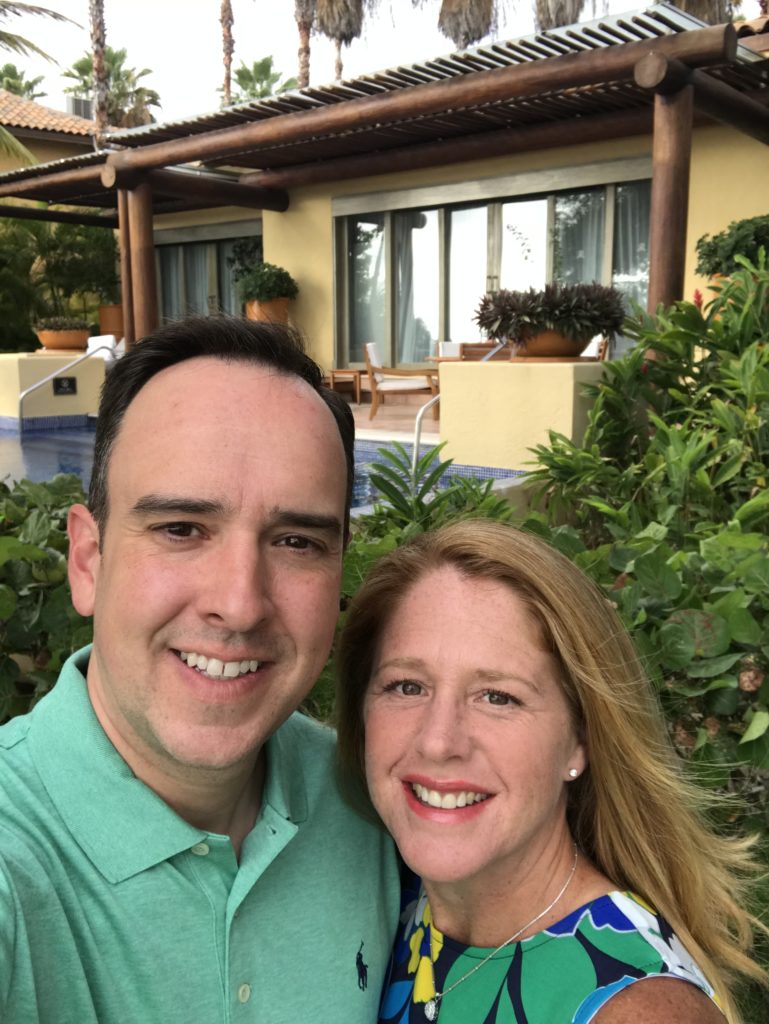
Of course, there are no perfect parents – or children for that matter. I never put the burden of perfection on anyone, especially members of my own family. Although my parents did their very best with what they knew at the time, there are always ways to improve. That’s why learning and adapting through each cycle of life is so very important. What lessons about parenting did you learn from your childhood experiences? Will you share some of those lessons with us? Connect with us on Instagram @MapsCookingKids or on Twitter @MapsCookingKids. Until next time, agape, be kind, and happy parenting.



